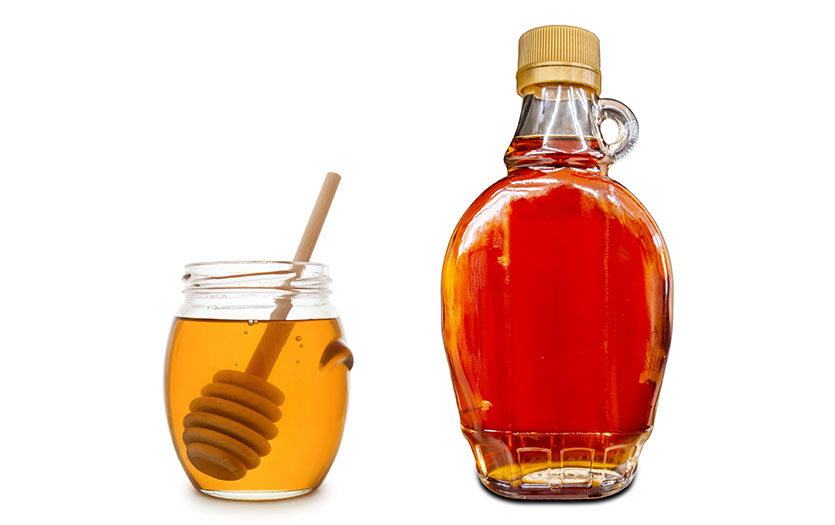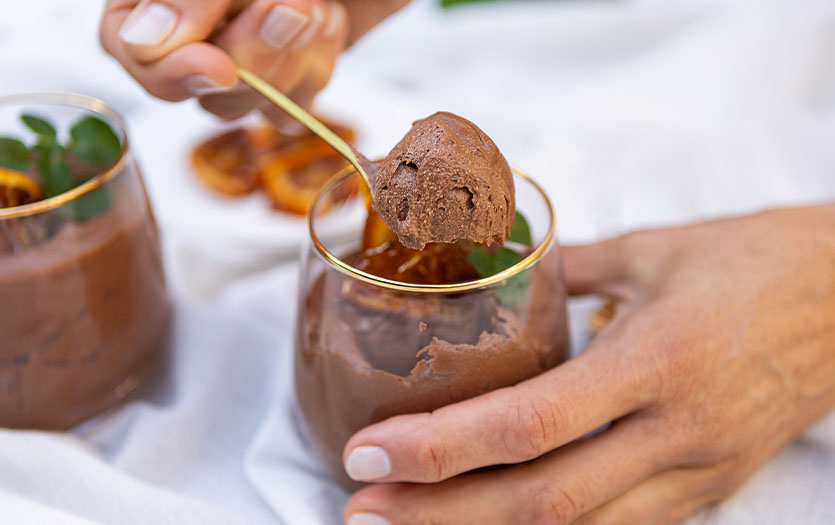
This post was written by Whitney Schaefer, MS, RD, LD, Parkview Health.
Water makes up 60% of our bodies and is crucial to maintaining homeostasis. If we look at blood alone, it’s composed of 90% water, and is essential for our kidneys and other bodily functions. Water helps lubricate the joints to reduce shock absorption, forms saliva to help digest food, regulates our digestive system and delivers oxygen throughout the body. In addition, water boosts skin health, gives cushion to sensitive tissues, such as the brain and spinal cord, regulates body temperature, flushes bodily waste, aids in maintaining blood pressure and prevents kidney damage. It helps make minerals and nutrients more accessible to reach different parts of the body and enhances performance during exercise. In short, water is the sustainability of continuation of life and bodily processes.
Knowing all of this, it shouldn’t be terribly surprising to learn that water consumption is directly correlated to biological aging and disease risk. As a peer-reviewed study, which appeared in the Lancet earlier this year, put it, “People whose middle-age serum sodium exceeds 142 mmol/l have increased risk to be biologically older, develop chronic diseases and die at younger age.” Elevated sodium in the blood can be a sign of dehydration.
Dehydration
Knowing how crucial water intake is for the body, it’s clear that a lack of consumption is detrimental. Dehydration occurs when there is an insufficient amount of water provided to the body. When the body loses more water than what is taken in, it can result in an imbalance in the body’s electrolytes, such as potassium, phosphate and sodium. Excessive sodium intake can also impact hydration status and cause dehydration.
Salt intake
A 2020 study from researchers at the U.S. National Institute of Health (NIH), demonstrated that higher levels of sodium intake during middle age can contribute to the development of chronic diseases, such as chronic kidney disease or heart failure.
The standard recommendation is to consume less than 2300mg of sodium per day, which is equal to 1 teaspoon of salt. There are ways to help reduce sodium intake, such as:
- Limiting your consumption of processed foods, ready-prepared meals or freezer meals
- Avoiding processed meats
- Using salt substitutes
- Adding seasonings for flavor instead of salt
- Using low sodium food options
- Eating more fresh foods
Water consumption
The question is: How much water is one supposed to drink to maintain hydration? Typically, the answer is 8 to 10 cups per day (1 cup = 8 ounces), although water consumption needs really depend on an individual’s age, activity level, and state of health or well-being. The National Health Service (NHS) recommends 6 to 8 glasses of water per day.
There are ways to increase water intake during the day, such as:
- Bringing in a water container with designated times or goals marked
- Using a straw
- Counting bottles of water
- Flavoring water using citrus fruits or flavor enhancers
In all, the amount of water a person should consume depends on the individual. Water intake varies for different age groups, activity levels and disease states. It’s best to consult with a registered dietitian nutritionist or medical provider if you have questions.
Overdoing it with water
There are contradictions to consuming too much water. Water intoxication can lead to symptoms such as lung congestion, brain swelling, headaches, fatigue, confusion, vomiting, seizures, coma and death. Excessive hydration can cause negative effects in those with diabetes, kidney disease and endurance athletes, and trigger adverse effects to certain medications. When in doubt, tune into your body. It can create its own equilibrium with water balance of the kidneys and brings sensations to signal urges of thirst.
Key takeaway
As you move throughout your day, just remember, water is the first nutrient necessary for the human body to function and allow carbohydrates, fats, proteins, vitamins and minerals to absorb all throughout the body. Water is required in an amount that exceeds the body’s ability to produce it. Aim for 6 to 8 cups, which is considered the daily requirement needed for bodily functions. This can differ, depending on age, disease states and physical activity. Preventing dehydration is critical for maintaining body processes, particularly regarding the kidneys and heart. The bottom line is that optimal hydration is a key component for good health, longevity and well-being. So, drink up!
References
Berman, R. (2023, January 6) Hydration may be key to a longer life, lower risk of chronic disease. Medical News Today
What percentage of the human body is water? Medical News Today



